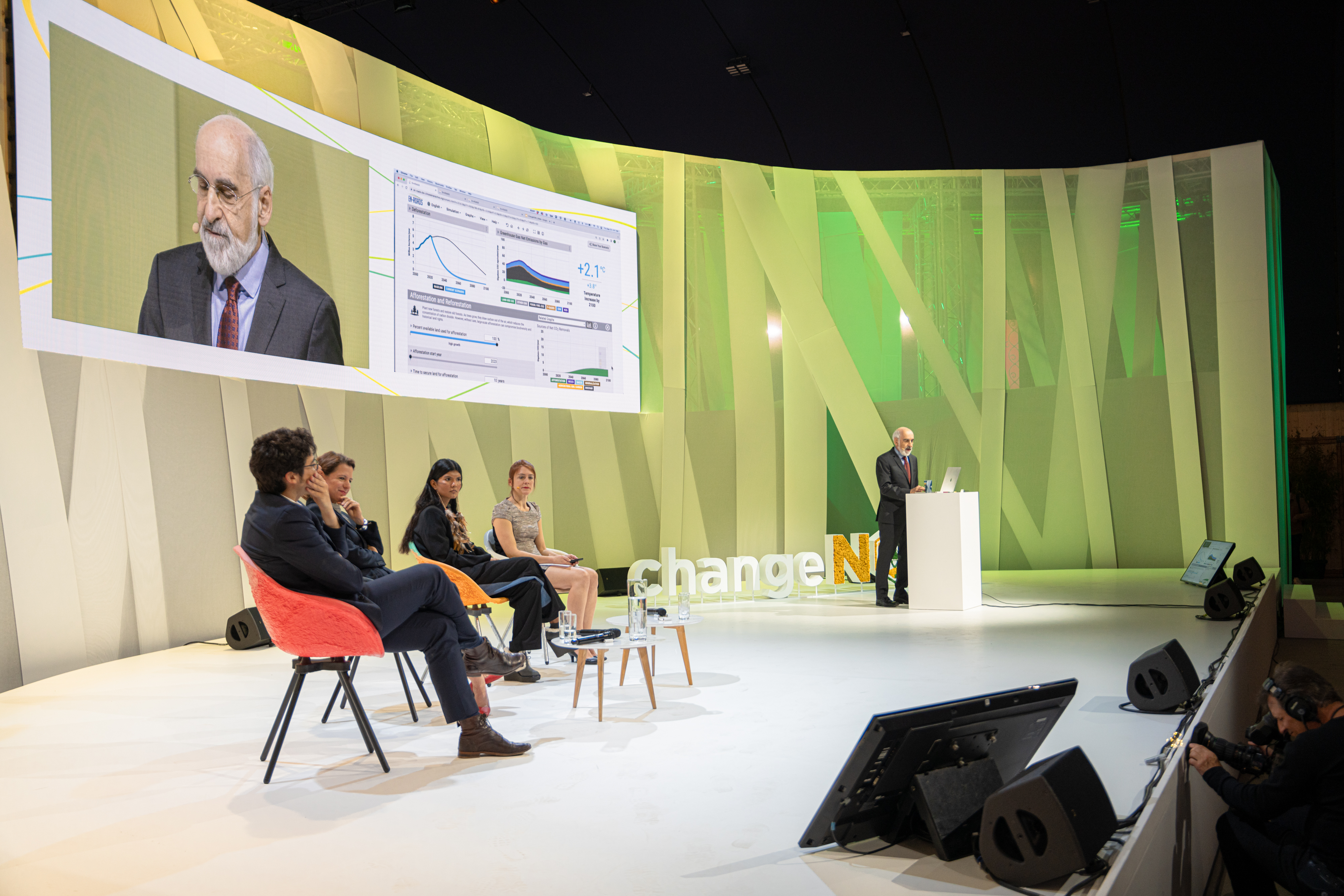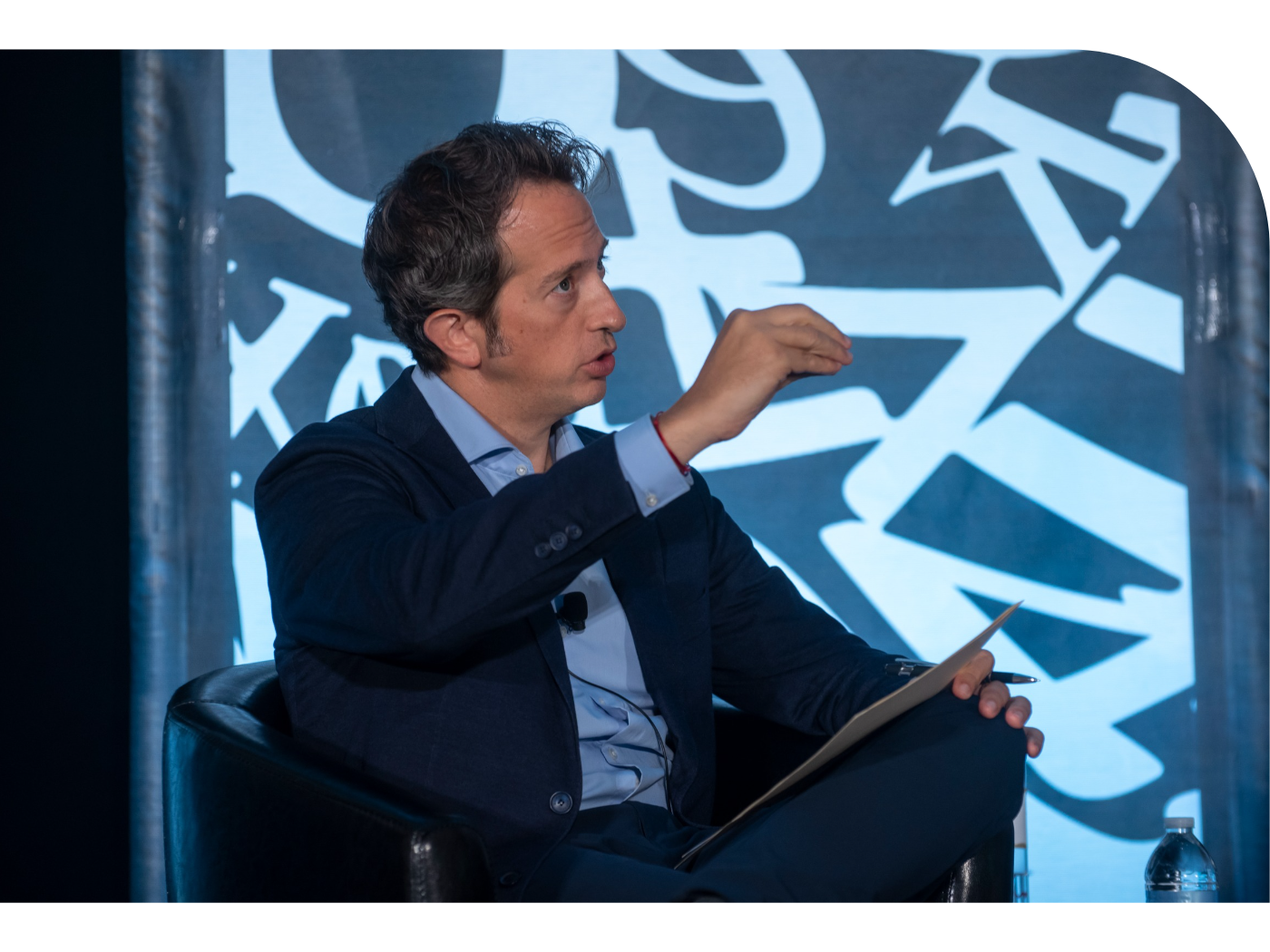
Systemic Investing for Social Change
Seeking to understand actors, interconnections, and dynamics, systemic investing asks what change is needed, and how financial capital might be allocated to enable it.

Seeking to understand actors, interconnections, and dynamics, systemic investing asks what change is needed, and how financial capital might be allocated to enable it.

We should stop arguing over how sustainable investment should look, says Florian Heeb and Julian Kolbel.

This study examines the impact of ESG ratings on fund holdings, stock returns, and firm behavior.

Assesses how investors’ willingness-to-pay (WTP) for sustainable investments responds to the social impact of those investments.

Research finds there is an opportunity to invest in a climate-conscious fund does not erode individuals’ support for climate regulation.

Combining role-play with interactive simulation to motivate informed climate action: Evidence from the World Climate simulation

World Climate combines an engaging role-play with an interactive computer model of the climate system.

Anjali Chaudhry describes the importance of simulation in

"Climate-aligned capitalism is advancing," says Director Jason Jay. Despite attempts to demonize ESG, many companies are still pledging to meet ambitious targets.

MIT Professor John Sterman developed AVID+ to help companies and governments determine if the offsets they’re buying actually cut emissions.